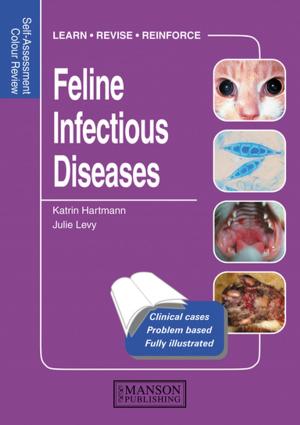World Food, Pest Losses, And The Environment
Nonfiction, Science & Nature, Science, Biological Sciences| Author: | David Pimentel | ISBN: | 9781000009637 |
| Publisher: | CRC Press | Publication: | May 23, 2019 |
| Imprint: | CRC Press | Language: | English |
| Author: | David Pimentel |
| ISBN: | 9781000009637 |
| Publisher: | CRC Press |
| Publication: | May 23, 2019 |
| Imprint: | CRC Press |
| Language: | English |
This book focuses on current food shortages and on the impact of pests in reducing world food supplies. At present, total worldwide food losses from pests are estimated to be about 45 percent. Preharvest losses alone, from insects, plant pathogens, and weeds, are estimated at about 30 percent. Additional postharvest losses from microorganisms, insects, and rodents range from about 10 to 20 percent. The contributors present data on the extent of these kinds of crop losses and analyze immediate and long-term pest management strategies. Emphasis is given to an evaluation of the effectiveness of integrated controls and the various new nonchemical pest controls used to reduce crop and livestock losses. The current worldwide environmental problems associated with both large-scale pesticide use and other pest control methods are also analyzed, including the impact that increased use of pesticides can be expected to have on the human environment. While the data included are technical, the presentation and analysis will be of interest to both the scientific community and the general public.
This book focuses on current food shortages and on the impact of pests in reducing world food supplies. At present, total worldwide food losses from pests are estimated to be about 45 percent. Preharvest losses alone, from insects, plant pathogens, and weeds, are estimated at about 30 percent. Additional postharvest losses from microorganisms, insects, and rodents range from about 10 to 20 percent. The contributors present data on the extent of these kinds of crop losses and analyze immediate and long-term pest management strategies. Emphasis is given to an evaluation of the effectiveness of integrated controls and the various new nonchemical pest controls used to reduce crop and livestock losses. The current worldwide environmental problems associated with both large-scale pesticide use and other pest control methods are also analyzed, including the impact that increased use of pesticides can be expected to have on the human environment. While the data included are technical, the presentation and analysis will be of interest to both the scientific community and the general public.















